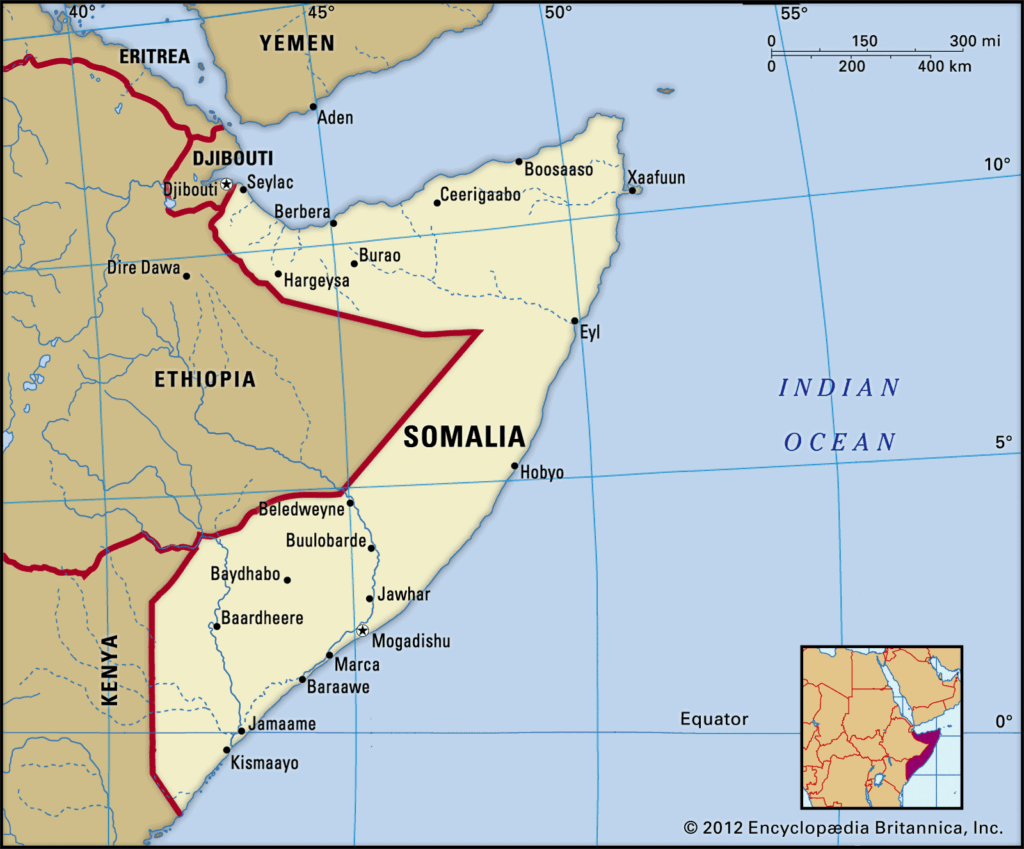Un productive Education
The articles that regularly appear on this official site (talk with Majid) always focus on making the pen accessible and correct for any misconceptions and obvious mistakes in the world.
Education is the first pillar of a human being to build on his intellect and play a major role in learning that a person can build on his destiny.
Education in Somalia is one of the lives of every Somali family that has the ability to access educational opportunities that benefit their children.
We are not talking about the total number of people reported in Somalia, which says up to three million Somalis have no access to education while in general Africa there is a small number of people in education as a result of poverty in the general population of Africa.
So the topic is too big to point out to people who have had the opportunity to study and who have missed those opportunities. Where this topic is directly focused on non-tacrational education in the country.
A student who returns at the age of seven has the opportunity to go to educational institutions where he or she begins his or her life history in education.
The next time a student adjusts to life, does not fall into education and strives, and plays a role in the level of education.
This student journey ends with 12 years of primary and secondary school and 4 – 6 years after college, he receives his undergraduate degree.
The most important part of this article is this, what happens next after obtaining a university degree?.
In addition to the widespread unemployment in the country, it is important to state the cause of the widespread unemployment as sixty percent of unemployed youth are at least educated.
The reason is that the country should not be created for employment opportunities such as factories, commercial centers, productive areas, farms, other resources in the country and so on.
When they can be found in the country, they are either public or private offices.
Asking what is the number of students each year so a replacement pen cannot find these vacancies?. The answer is as clear as the sunlight and may not.
The only reason is not the resources and job opportunities that have not been created yet, but the reason is that 80% of graduates are 95% educated and have no skills.
Knowledge includes education as well as changing productivity in a developing country requires that knowledge be supplemented by such skills (Mining, agricultural condolences, advanced fishing, carpenter technique, electricity, water and resource extraction in the country).
When students became acquainted with their education they became productive professionals and accumulated their lives in search of office work to present their knowledge.
The student must be supported for a period of 16 years learning that his or her time is not wasted on teaching knowledge or information and events that have not been awarded and finally obtained a degree and took over the premises and doors in search of work.
The student should also have the opportunity to study what kind of skills he or she can produce when he or she has completed his or her education.
Students receive educational opportunities in which they can learn life skills in the economy can increase the amount of investment can be done to produce results very beautiful.
Finally, the message goes to the government in the context of the student\’s curriculum during education and learning settings to begin to integrate teaching students with the same knowledge and skills to become more productive. using their skills.
The country works annually in different countries with people from all over the country and most of them are professional in their careers.
Don\’t be a educator who is not a productive
The End
Written: Majid Hussein


